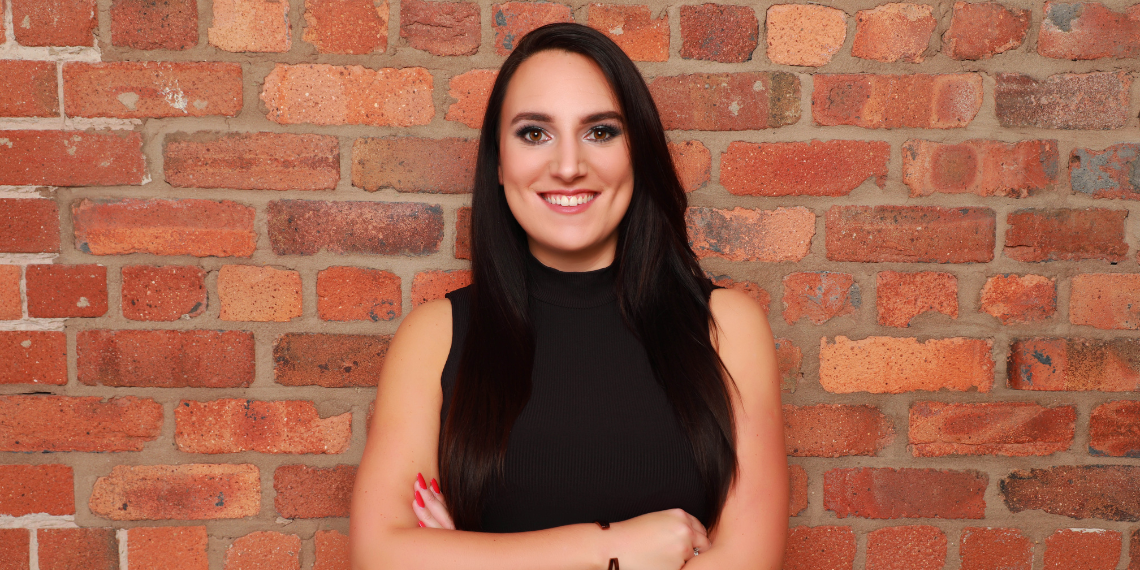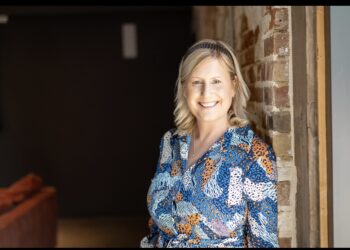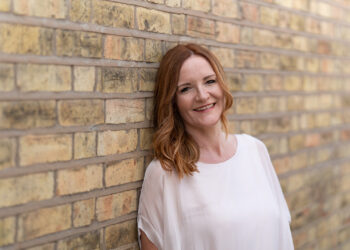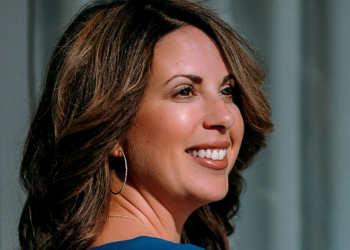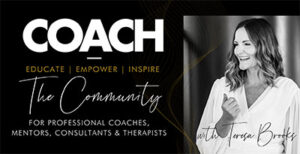The Art of asking the ‘wrong’ Questions – Chloe Bisson
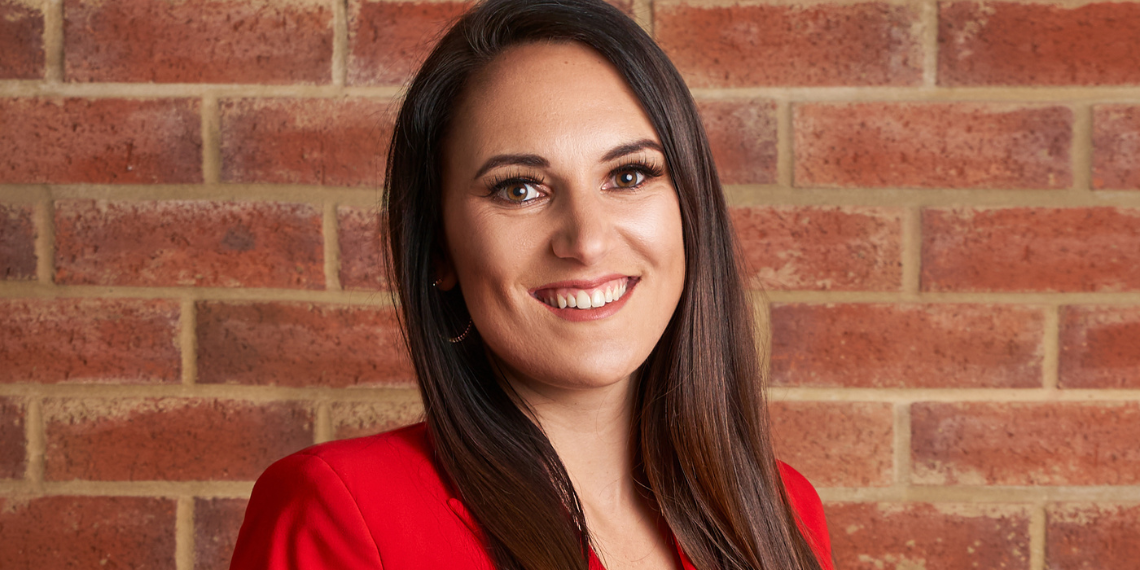
Asking the wrong questions; for the right reasons
Asking the right questions is one of the most powerful communication skills to master as a coach.
From a practical perspective, asking questions can encourage self-reflection, create clarity and challenge limiting beliefs. And from an emotional perspective, asking questions can be an incredible tool to build rapport with someone and help them feel supported.
Knowing the right questions to ask is vital in helping clients overcome obstacles, embrace new possibilities, take ownership of their actions, and ultimately, promote growth and positive transformation – and here lies part of the problem.
There is a lot of pressure in the coaching industry to ask the perfect questions to encourage the deepest transformation which can lead to worrying and overthinking. So it’s no surprise that coaches are tempted to rely on the list of questions they created when they first studied coaching and not steer away into the unknown.
But are we serving our clients in the best possible way?
Well, if we’re constantly thinking “what question am I going to ask next?” and checking back to our list, we’re not actively listening to tune into what our clients really need next.
It’s important that we avoid the temptation to follow a list of predefined questions and practice the skill of questioning – knowing the right question to ask and when.
The “right” and “wrong” questions
According to the International Coaching Federation (ICF), powerful questions are open-ended, thought-provoking, and designed to stimulate exploration and insight. ICF’s coaching competencies emphasise the use of questions to deepen understanding, facilitate learning and promote client growth.
But as a coach our role extends beyond asking the traditional, we also have a responsibility to colour outside of the lines and ask questions that our clients wouldn’t expect – what I like to call the wrong questions.
This term refers to questions that are not typical or questions that appear unrelated to the client’s needs. But this is where the real impact lies. They’re actually designed to challenge thought patterns or change perspective.
There are many benefits to this:
- Pattern Interrupt: Sometimes, asking the wrong questions can disrupt a client’s habitual thinking and inspire new perspectives. For example, “What would happen if you did absolutely nothing to change your current situation?” Unconventional queries can challenge a client to confront their fears and explore alternatives, encouraging them to step outside their comfort zone.
- Rhetorical Self-Reflection: By posing challenging inquiries that may not have immediate answers, such as “Who are you when no one is watching?” or “What do you need to let go of to move forward?” you encourage clients to delve deep within themselves, fostering introspection and personal growth.
- Exposing Worst-Case Scenarios: As a coach, it is essential that we encourage our clients to focus on positive outcomes but we can’t ignore or avoid the negatives either. By inquiring, “What’s the worst that could happen if you pursued this path?” or “What fears are holding you back?” we can create an opportunity for a client to address their concerns, develop contingency plans and build resilience.
Interrupt the flow to deepen the flow
I came across this concept when I first started interviewing people as part of my Facebook Lives a few years ago. I noticed that the questions that created the biggest impact were not the textbook questions and not always open-ended.
An example of this was on a recent episode of my show, Inspired By, where I interviewed a property mogul. As I was asking him questions about his definition of success and what it means to him, he kept answering a slightly different question, referring back to wealth and money.
At this point I asked: “Are success and wealth the same thing to you?”
This would be deemed to be a “wrong question” to many because:
– It’s closed which, in theory, could result in a short “yes” or “no” answer
– It’s a presumptive question assuming that success and wealth are connected
– It’s direct and could have created resistance
– It could be seen to be judgmental depending on the tone of voice
However, the question created a very deep and meaningful conversation where my guest opened up about his beliefs around wealth, money and his childhood experiences that created that belief, all from one deliberately “wrong” question.
It’s important to note that wrong questions aren’t designed to cause unnecessary distress or lack sensitivity. They’re designed to change the direction of the conversation and create deeper self-reflection. The wrong question can actually be the right question to ask if asked at the right time. And the questions can vary depending on the client’s readiness, emotional state, cultural background or the rapport you have.
Ultimately, the art of asking questions lies at the heart of coaching. By skilfully listening to your client, you can ask the right questions at the right time to help with their self-discovery. And with that, there are also instances when asking the wrong questions can be beneficial, creating a pattern interrupt, exploring worst-case scenarios, and promoting a deeper level of self-reflection.
When you think about it like this, there is no such thing as a “right” or “wrong” question.
Every question that you ask is being asked for a reason and to serve the person you’re talking to. The key is to really be present with your client and be guided by them on what they need to be asked next.
On my show, Inspired By, I have raw and real conversations with some of the world’s most influential and inspirational entrepreneurs, celebrities, thought leaders and experts. My goal is to ask my guests real questions so we can get the real answers.
Chloë is the host of Inspired By show, a #1 best-selling author, international speaker, multi-award winning entrepreneur and certified Professional Coach through the World Coaching Institute. As a professional coach specialising in visibility, she has helped thousands to get seen, build their status and stand out as the go-to expert. Chloë’s mission is to inspire others to reach their full potential and stand in their power, being authentically, unapologetically themselves.
